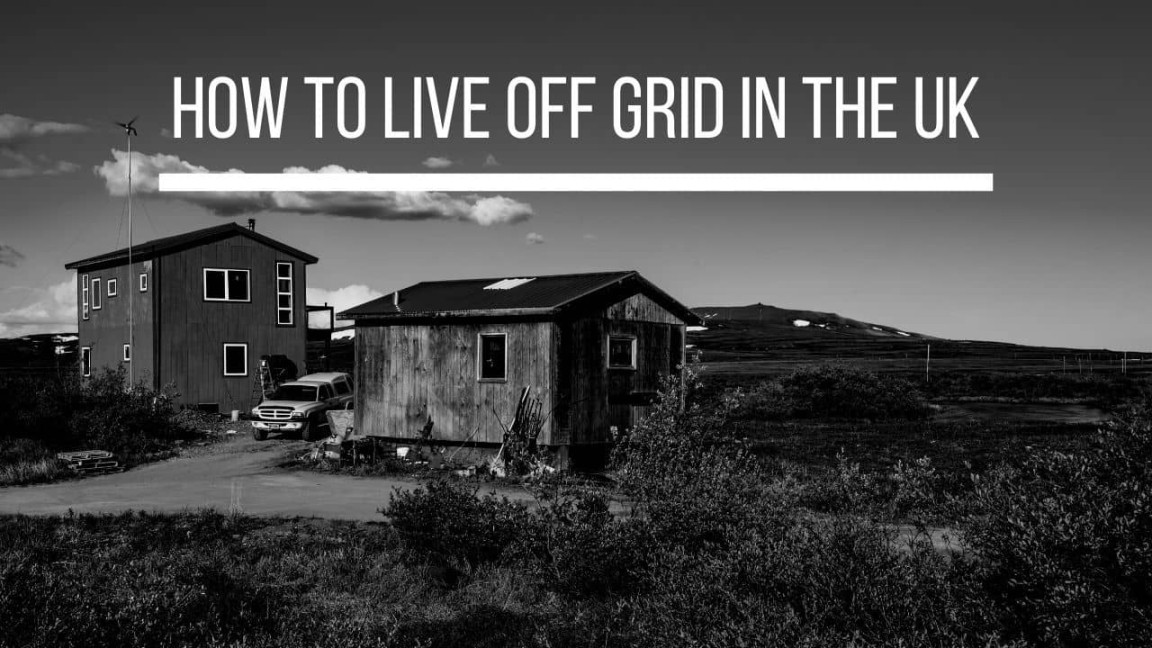Introduction
Living off the grid has become an increasingly popular aspiration for those seeking a more self-sufficient and environmentally friendly lifestyle. The UK, with its diverse landscapes and growing awareness of sustainability, offers unique opportunities for off-grid living. This article delves into the essential aspects of creating a comfortable and sustainable off-grid home, from lighting and color choices to furniture, materials, accessories, layout, and views.
Lighting: Nature’s Best Ally

Natural light is your primary ally when living off the grid. Large windows and skylights should be prioritized to maximize daylight penetration. For nighttime illumination, consider energy-efficient LED lights powered by solar or wind energy. Soft, warm-toned lighting can create a cozy atmosphere, while task lighting is essential for specific areas.
Color Palette: Harmony with Nature
Choosing the right color palette can significantly impact your off-grid living experience. Earthy tones like greens, browns, and beiges can create a sense of harmony with the natural surroundings. Lighter colors can help reflect natural light, making your space feel brighter and more open.
Furniture: Functionality and Comfort
Off-grid living often involves multifunctional furniture to maximize space efficiency. Fold-down beds, storage ottomans, and modular sofas can be practical options. Prioritize comfort and durability when selecting furniture. Natural materials like wood and cotton can add warmth and character to your space.
Materials: Sustainability First
Sustainable materials are crucial for an eco-friendly off-grid home. Consider using reclaimed wood, recycled materials, and natural fibers like wool and linen. Insulation is essential for energy efficiency. Opt for materials with good thermal properties to keep your home warm in winter and cool in summer.
Accessories: Personal Touches
Accessories can add personality and functionality to your off-grid home. Handmade crafts, plants, and natural decor items can create a welcoming ambiance. Prioritize items with multiple uses, such as blankets that double as wall hangings or storage baskets.
Layout: Maximizing Space and Efficiency
A well-designed layout is essential for optimizing space and functionality in an off-grid home. Consider an open floor plan to create a sense of spaciousness. Kitchen and living areas should be centrally located for convenience. Adequate storage is crucial, so incorporate built-in shelves and cupboards whenever possible.
Views: Connecting with Nature
One of the greatest benefits of off-grid living is the opportunity to connect with nature. Choose a location with stunning views and design your home to maximize natural light and outdoor access. Large windows and sliding doors can blur the boundaries between indoors and outdoors.
Conclusion
Living off the grid is a rewarding journey that requires careful planning and consideration. By prioritizing sustainable materials, energy-efficient systems, and a harmonious connection with nature, you can create a comfortable and fulfilling off-grid home. Embrace the simplicity and self-sufficiency that this lifestyle offers, and enjoy the freedom of living in harmony with the environment.
FAQs
1. How can I ensure adequate water supply for an off-grid home?
Water supply is a critical aspect of off-grid living. Consider options like rainwater harvesting, well drilling, or purchasing water from a local supplier. Water filtration and purification systems are essential for safe consumption.
2. What are the best renewable energy sources for the UK?
The UK is well-suited for solar and wind energy. Combining these two sources can provide a reliable power supply for your off-grid home. Consider battery storage to ensure energy availability during periods of low generation.
3. How can I manage waste effectively in an off-grid environment?
Composting is essential for managing organic waste. Recycling and reducing waste are crucial for minimizing your environmental impact. Consider options like anaerobic digesters for converting organic waste into biogas.
4. What are the legal considerations for building an off-grid home in the UK?
Building regulations and planning permissions may apply to off-grid homes. Research local regulations and obtain necessary permits before starting construction. Consider consulting with an expert to navigate the legal complexities.
5. How can I maintain social connections while living off the grid?
Technology can help you stay connected with friends and family. Utilize internet connectivity options like satellite or mobile broadband. Consider joining local communities or online forums to connect with other off-grid enthusiasts.
Note: To optimize your article for SEO, incorporate relevant keywords throughout the text, such as “off-grid living UK,” “sustainable home,” “renewable energy,” and “self-sufficiency.” Consider using header tags (H2, H3) effectively to structure your content and improve readability.
Additional Tip: While images are generally beneficial for SEO, you can use descriptive text to compensate for their absence. For example, instead of an image of a cozy living room, you can vividly describe the furniture, lighting, and overall ambiance.
By following these guidelines, you can create a comprehensive and informative article that ranks well in search engine results.